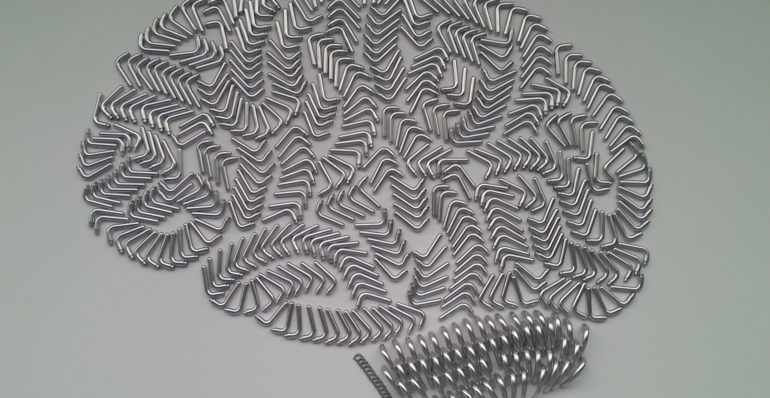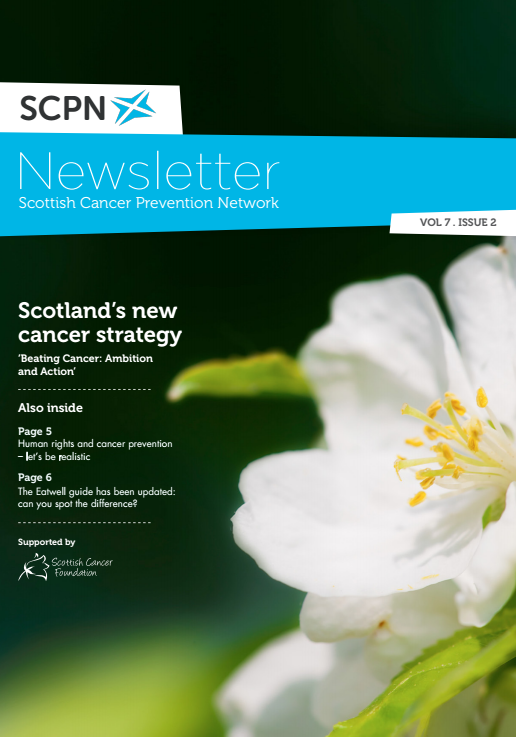
Another approach to menopausal vasomotor symptom control?

20 May 16 |
The NICE guideline on diagnosis and management of menopause recommends that menopausal women (and their support network) should receive advice on hormonal (HRT), non-hormonal (other drugs), and non-pharmaceutical approaches to the management of menopausal symptoms e.g. cognitive behavioural therapy (CBT)[1].
CBT is recommended for the management of depressed mood and anxiety in the guideline but has also been developed to help women manage vasomotor symptoms (hot flushes and sweats) which is not included in the guideline. Three clinical trials of more than 600 women (healthy women and women with breast cancer)[2-4] have shown CBT significantly reduces the impact of vasomotor symptoms and found that improvements were maintained 26 weeks after randomisation. CBT is brief and available in selfhelp format[5] or in a group setting (a manual is available for health professionals[6]).
A recent position statement from the North American Menopause Society recommended CBT as an effective non-hormonal management option for vasomotor symptoms[7].
Non-pharmaceutical approaches to the management of vasomotor symptoms might be an important consideration when hormone therapy is not an option due to medical contraindications or a woman’s personal choice.
References
- National Institute for Health and Care Excellence (2015) Menopause: diagnosis and management of menopause (NICE guideline 23). www.nice.org.uk/guidance/ng23.
- Ayers B, Smith M, Hellier J, et al. (2012) Effectiveness of group and self-help cognitive behaviour therapy to reduce problematic menopausal hot flushes and night sweats (MENOS 2): a randomized controlled trial. Menopause;19(7):749-59. http://www.ncbi.nlm.nih.gov/pubmed/22336748
- Duijts SF, van Beurden M, Oldenburg HS, et al. (2012) Efficacy of cognitive behavioral therapy and physical exercise in alleviating treatment-induced menopausal symptoms in patients with breast cancer: results of a randomized, controlled, multicenter trial. J Clin Oncol;30:4124-33.
- Mann E, Smith MJ, Hellier J, et al. (2012) Efficacy of a cognitive behavioural intervention to treat menopausal symptoms following breast cancer treatment (MENOS 1): a randomised controlled trial. Lancet Oncol;13:309-18. http://www.thelancet.com/pdfs/journals/lanonc/PIIS1470-2045(11)70364-3.pdf
- Hunter MS, Smith M. Managing hot flushes and night sweats: a cognitive behavioural self-help guide to the menopause. Routledge, 2014.
- Hunter MS, Smith M. Managing hot flushes with group cognitive behaviour therapy: an evidence based treatment manual for health professionals. Routledge, 2015.
- Position statement: non-hormonal management of menopause-associated vasomotor symptoms: 2015 position statement of the North American Menopause Society (2015) Menopause;22:1-20
This article was originally published in the SCPN Newsletter Volume 7, Issue 2. Read the full issue here, or read the digital edition below (great full screen on mobiles).

The SCPN Newsletter: Volume 7, Issue 2
In our second issue of 2016, Scotland's new cancer strategy, human rights and cancer prevention, the updated Eatwell guide, as well as the usual breakdown of cancer prevention research and news from the Scottish Cancer Prevention Network.